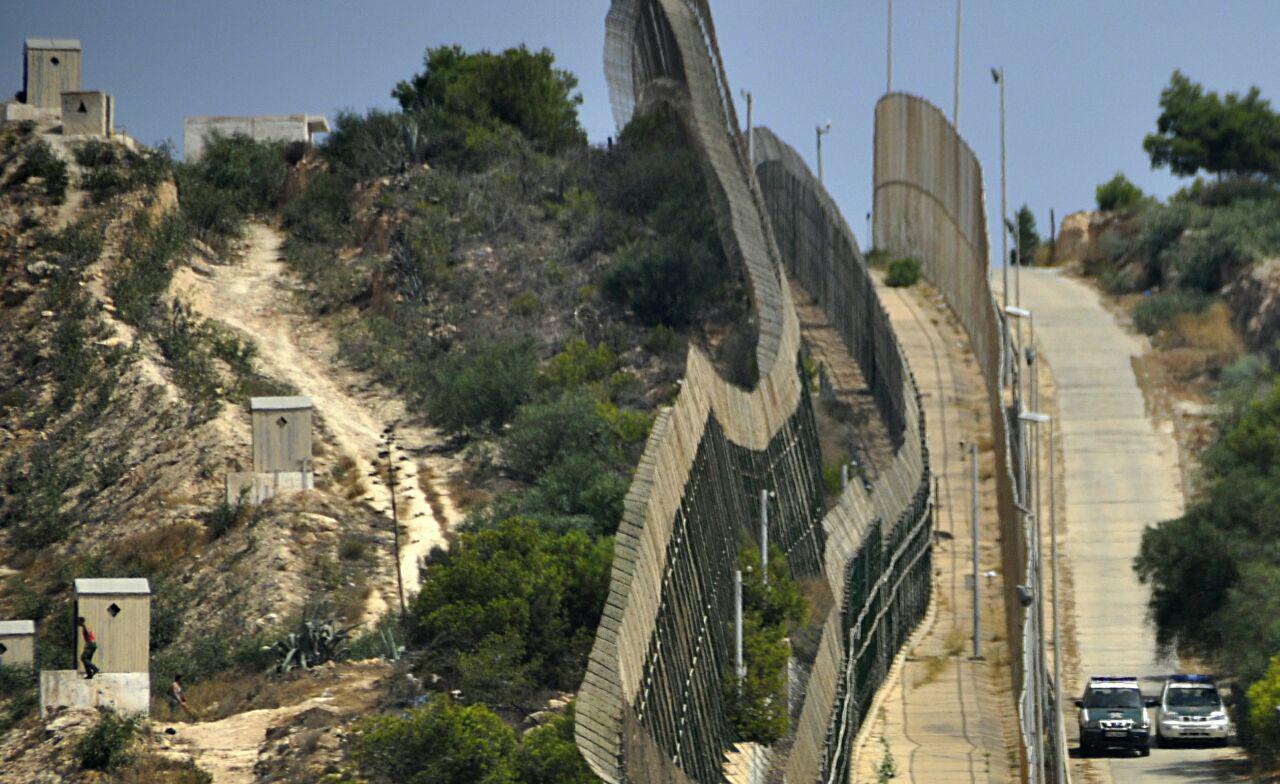What to do when entering Spain?
When you arrive in Spain, by land or sea, it is very important to stay away from the border and try to let as many people as possible (especially the media) know that you are there, in case the authorities try to return you illegally. If you are injured or ill, make sure that the authorities and other people present know about it, because this is one of the most important reasons not to be returned.
Attention: The Spanish authorities are constantly on the lookout for people involved in human trafficking (⇒ch. Glossary). If they suspect your involvement with smugglers (even if it is just because they see you at the steering of a boat) or have evidence that you have committed violence at the border, you may be arrested and have to serve a prison sentence. We recommend watching this video by Captain Support:
https://www.youtube.com/channel/UCES_TV6dvT1U77mphyHcDhg
Your rights at the border
The moment you touch Spanish land or enter Spanish territorial waters, you cannot be returned immediately. The authorities have to register your entry in writing, initiate an administrative procedure (which may take a few days) and give you the opportunity to apply for asylum.
Medical assistance: If you are in poor health on arrival in Spain, you must be taken to hospital and cannot be sent back.
Remember: You should not sign any document without fully understanding it. Therefore, you always have the right to have a translator into your language and to have a lawyer accompany you.
If, despite the above, they return you to Morocco after you have been in Spanish territory, they are committing a “pushback”. Although these types of immediate returns are completely illegal, they still occur.
What to do if you are deported to Morocco?
If you are returned illegally, contact human rights organisations in Morocco to document your return. You can find contacts in Morocco here: https://w2eu.info/en/countries/morocco/contacts
If you are taken to a prison in Morocco, you have the right to make a phone call. Contact a person close to you or a lawyer you trust.
Readmission Agreements with Third Countries
Spain has readmission agreements with different African countries and countries on other continents. These agreements mean that a person who has declared themselves to be from this country or is identified as such can be deported even if they do not have a passport or other paperwork that identifies them as a national of this country. Some of these agreements, like the ones with Morocco and Mauritania, include the deportation of third country nationals who have departed from these two countries to reach Spain. However, everyone has the right to ask for international protection in Spain or in the European Union, and you can fight for it with the support of a lawyer and solidarity organisations.
What to do if you are detained after arriving in Spain?
If you arrive directly on the mainland Spain (⇒ch. Glossary), it is possible that when you arrive the police will arrest you and take you directly to a detention centre (CIE - Centro de Internamiento de Extranjeros ⇒ch. Glossary) to try to deport you. If you are sent to a CIE, it does NOT mean that they will be able to deport you. You always have the right to apply for asylum and they can only detain you for 60 days. You can see more information on what to do when you are detained here (⇒ ch. Detention and deportation).
Remember: If you enter Spain by sea, take the Alarmphone phone number with you and find out about safety measures at sea here:
https://w2eu.info/en/countries/spain/seasafety
